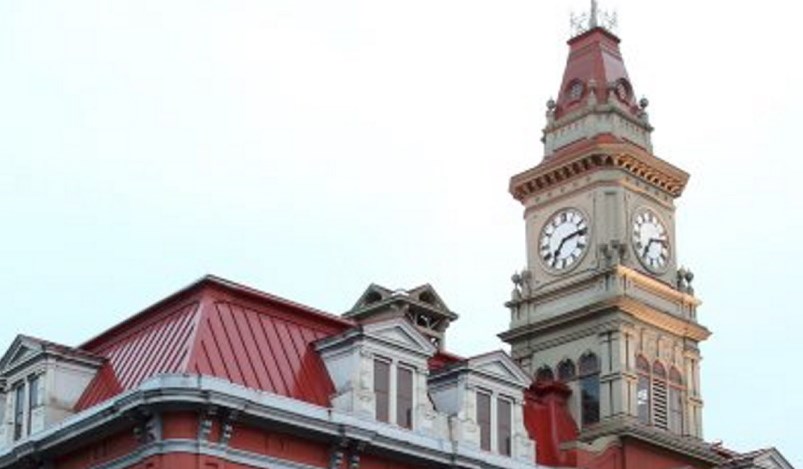Victoria’s aggressive densification plan is unnecessary and unfair, causing people to ask: “Is accelerated densification being pursued for the right reasons, in appropriate locations, following an honest public process that puts people who live here first?”
In Fairfield-Gonzales alone, at least 10 groups have arisen from these concerns, people willing to consider sensible proposals, but fed up with what they have experienced as an unfair process. This phenomenon is happening across the city.
Unfairness has occurred in numerous ways:
• A questionnaire asks leading and misleading questions.
• Meetings are poorly publicized and held at inconvenient times, such as during summer.
• Anyone from anywhere is allowed to participate, diluting input from people living here.
• City consultations have been far more sales job than sincere collaboration.
• Developers are involved in what should be public decision-making.
• Community associations and land-use committees are used to promote approval.
Many criticize the process as undemocratic and question the role of developers. Some seek provincial review. Others are organizing for November’s election, seeking to ensure mayor and council put community interests first. Community associations and land-use committees are being challenged to restore independence and public representation.
And questions abound about the need for expensive new plans. Significant growth has occurred over the past 15 years under existing plans. During the same time, the city failed to expand services or facilities to accommodate growth. What will be the cost for additional police, fire, roadwork, etc., and who pays? Will accelerated growth worsen existing problems such as the shortage of family doctors?
My Gonzales neighbourhood exemplifies why accelerated densification is not needed.
• Between 1991 and 2011, our population increased by 27 per cent, more than twice Victoria’s overall rate of 12.5 per cent. Single-family homes decreased from 74 to 54 per cent, duplexes and secondary suites increased from 18 to 27 per cent, and apartment buildings from seven per cent to 18 per cent.
• At the same time, no appreciable improvements were made to meagre infrastructure or services, nor did the city deal with increased traffic and parking problems
• Heritage homes were permitted to be destroyed and replaced by oversized out-of-character houses
Gonzales residents have done more than their share and overwhelmingly reject accelerated densification. Most oppose proposals that will dramatically change the neighbourhood, including a multistorey Fairfield Plaza and redirecting traffic from Richardson Street to busier Fairfield Road. Urban villages are regarded as Trojan horses for more development.
Is it reasonable for everyone who wants to live in Victoria to do so? That’s not possible, unless the rest of us are willing to accept increased traffic and pollution, reduced greenspace, more pressure on already insufficient schools, health services, roads, parks and recreation and the increased costs to maintain and expand them.
Finally, let’s stop the accusations levelled against residents, who have a different vision for Victoria than canyons of high-rises, more traffic and pollution and greater pressure on our limited amenities.
This fight is not about privilege or an intergenerational conflict. Victorians are supportive of help to people confronted with soaring housing costs, but accelerated densification raises serious questions that are not being answered about where, how much and for whose benefit.
It’s time for mayor, council and city staff to work with neighbourhood groups in good faith.
The most reasonable option is to update the existing 2002 plans, which are doing their job. At the same time, let’s fix other problems.
• The official community plan is easily exploited for its loopholes.
• Spot re-zoning is too easy and lacks meaningful community oversight.
• Neighbours have too little input during approval of developments directly affecting them.
• Developer involvement in local politics and planning contradicts transparency and fairness.
And while we are making our civic process more democratic, the mayor and councillors should live in Victoria. Otherwise, are they truly accountable to their neighbours and fairly sharing the burdens of the decisions they seek to impose on others?
How many more people does the city plan to shoehorn in, for whose benefit and at what cost? It should be up to the people who live here to decide Victoria’s future not developers and politicians pushing accelerated development for their own reasons.
Michael Bloomfield is a sustainability advocate and a resident of Gonzales.



